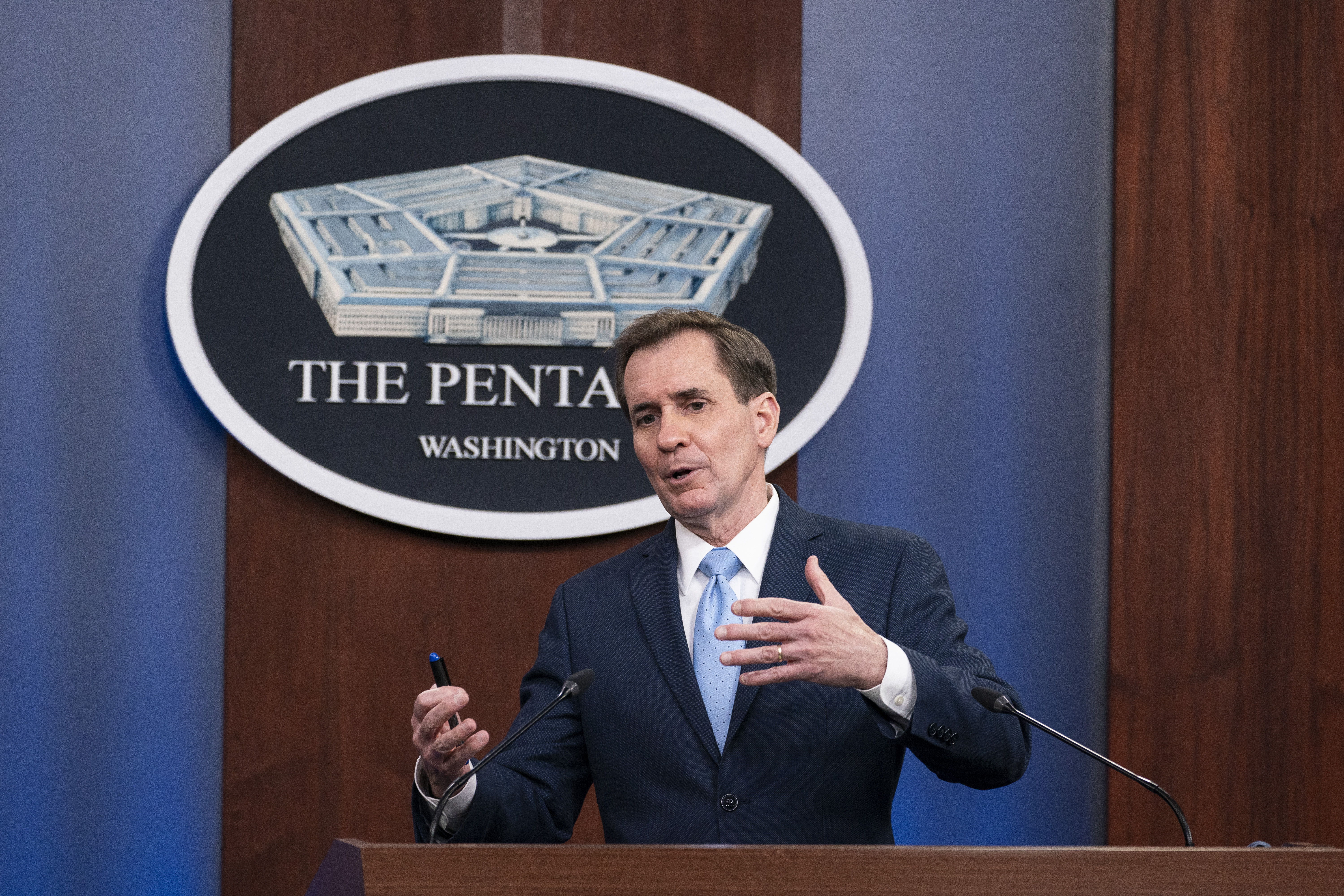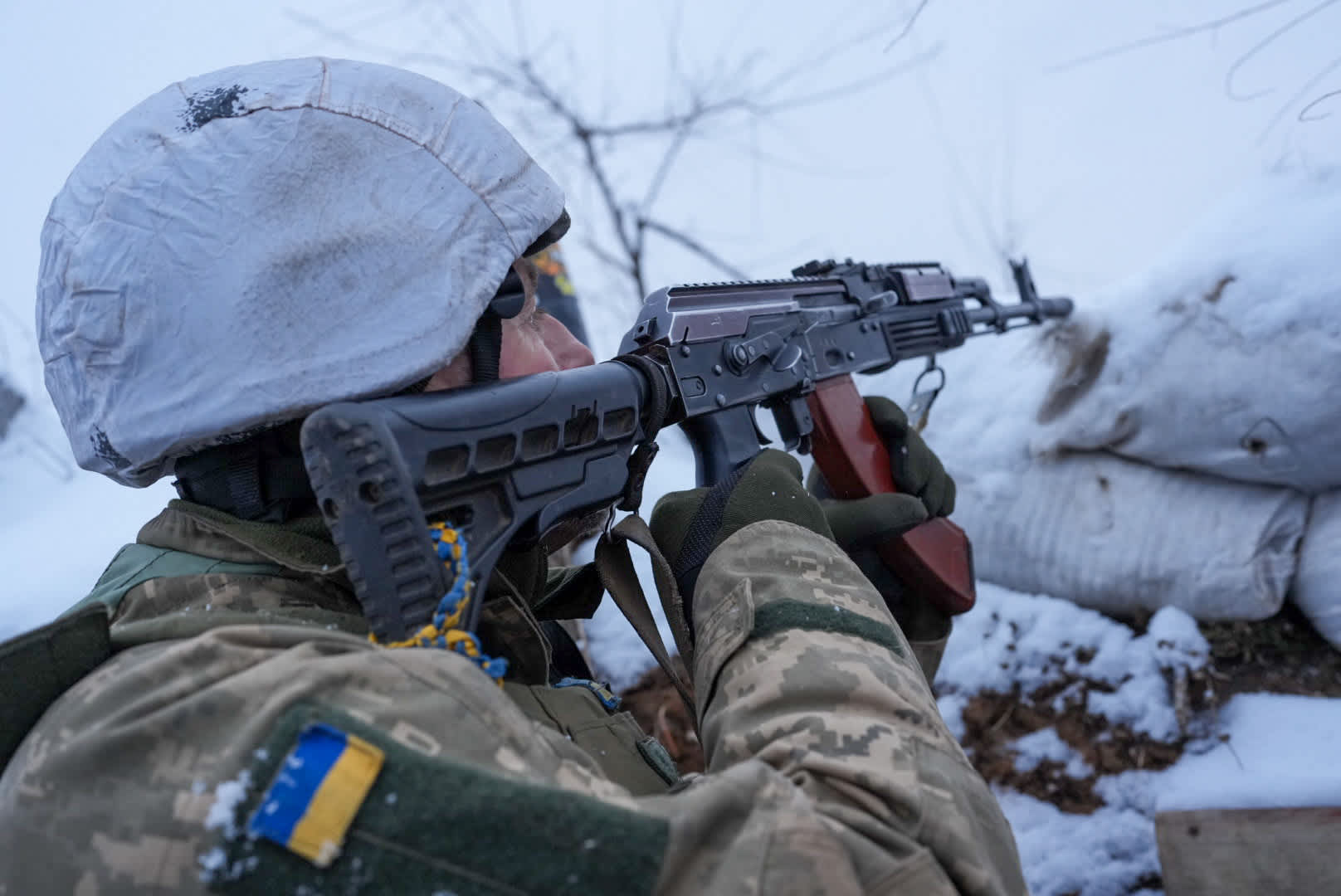From his apartment in Boston's West Roxbury neighborhood, Myron Kravchuck is watching reports of thousands of Russian troops mobilizing at the border of his home country of Ukraine.
"Obviously, they are preparing," he said. "They want to be ready and they want to destabilize."
He says fear of invasion is taking a toll.
"The whole country, people, civilians, to be under pressure and thinking, 'We will be invaded, we will be killed, something happened here and there,' that is a huge pressure and that's terrifying," Kravchuck said. "Psychologically, it's hard to maintain such pressure for a lot of people."
Get New England news, weather forecasts and entertainment stories to your inbox. Sign up for NECN newsletters.
A flag sits behind Kravchuck's kitchen table bearing the signatures of Ukrainian troops he volunteered to help nearly a decade ago — a reminder of the long-standing conflict between the neighboring countries.
"No matter what, our soldiers staying on the front line in Luhansk and Donetsk, they are saying, 'We are here for you to have a regular and normal life,' and that is what we are grateful for," he said.
More on the conflict between Russia and Ukraine
Sunday, the U.S. State Department issued a travel advisory warning Americans not to travel to Ukraine due to the increased threats of Russian military action. Kravchuck and his family have plans to travel to Ukraine for a wedding this summer. He says they will move forward, hoping the conflict does not escalate.
"Definitely, it threatens me and everyone, but I am feeling confident with such support and such determination of Ukrainian people to fight back," he said.
"Putin has upped the ante," said Carol Saivetz, senior advisor in the MIT Security Studies Program. "We are signaling to the Russians that we are very serious about this by talking about deploying troops in the Baltic states."
Saivetz thinks despite the show of force, none of the countries involved want to engage in a land war.
"The question is, 'How can you use diplomacy?' Can you turn the screws enough so that he will say, 'OK, I've got what I needed, where is the off ramp here?'" she said.
As the U.S. considers its next steps, Saivetz describes the rising tensions as a game of brinksmanship over control of global order.
"I think we should be paying attention to it because it would mark major military aggression against a state that would like to be part of the West, against a state that would like to be more democratic than it is now, and if we are going to uphold the values of our democracy, we really have to watch this very carefully that this league of authoritarian leaders doesn't walk all over the map," Saivetz said.



